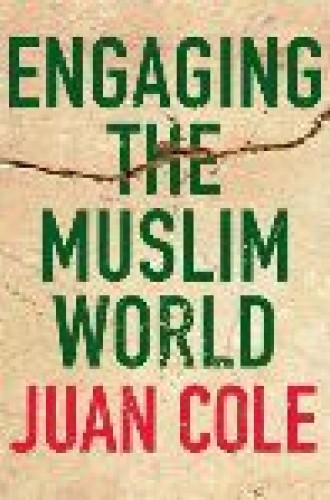BookMarks
Cole provides a sweeping perspective on the Middle East, a stinging critique of the Bush administration’s policies, and a warning to and advice for the Obama administration, especially in regard to Pakistan and Afghanistan. U.S. policies have been driven by what Cole calls “Islam anxiety,” and because of heavy-handedness in the region it has elicited “America anxiety” on the part of Arabs and Muslims, even among more moderate ones. Our own leaders’ anxiety often blinds them to what really is happening on the ground, leading to actions that are counterproductive. Cole maintains that a change in the way America engages the Israeli-Palestinian conflict “would resolve 90 percent of American’s problems with the Muslim world.”
Smith begins with an overview of the often contentious history of relationships between Christians and Muslims. A particularly helpful chapter presents various models for dialogue and enrichment of Christian-Muslim relationships in the United States. These models range from a confrontational approach in which participants aim to convince each other of the truth of their own religion, to ones in which more genuine dialogue takes place, resulting in greater awareness of and appreciation for the other. The harder task is the work needed within each religion to make theological space for the other religion. Smith doesn’t make an original contribution to this issue, but she introduces the reader to thinkers in both religions who have thought creatively about this subject while attempting to remain true to their own traditions.






